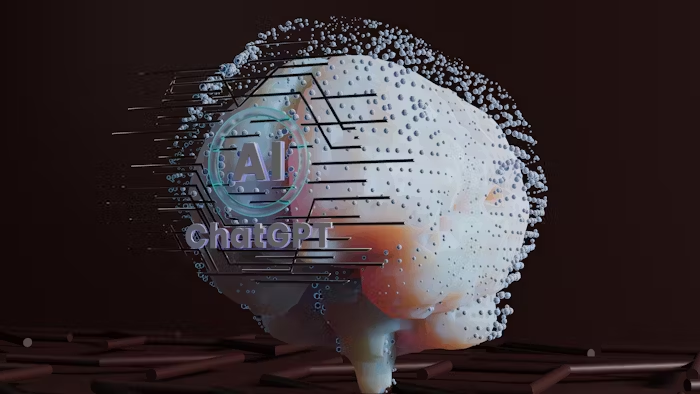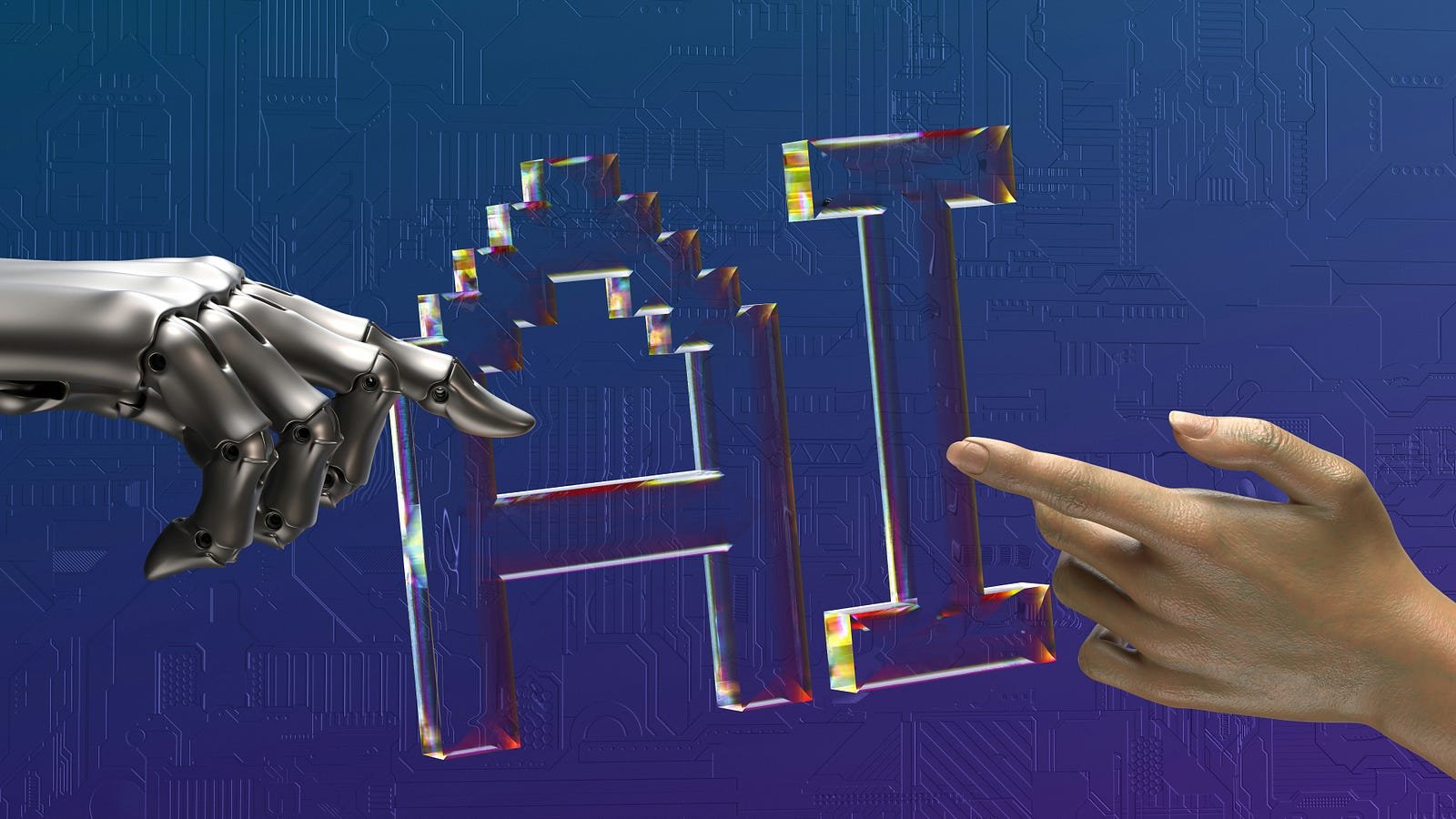Quantum computing is one of the most exciting and complex developments in modern science, holding the promise to revolutionize industries from medicine to finance. But what exactly is quantum computing, and how does it differ from traditional computing? Let’s break down the essentials of quantum computing in a simple way and explore why it’s making headlines across the globe.
The Basics: Classical vs. Quantum Computing
To understand quantum computing, it’s helpful to start with the basics of classical computing, which powers most of the devices we use daily. Traditional computers, or classical computers, rely on binary code to process data. In binary code, everything is represented by bits, which can be in one of two states: 0 or 1. These bits are the fundamental units of classical computing, combining to store and manipulate information.
Quantum computing, on the other hand, operates on the principles of quantum mechanics — the science of the very small (particles at the atomic and subatomic levels). In the quantum realm, particles can behave in unusual ways, enabling quantum computers to solve complex problems that classical computers struggle with or find impossible.
What Are Qubits?
In quantum computing, the fundamental unit of information is called a qubit, short for “quantum bit.” Unlike classical bits, qubits can exist in a state of 0, 1, or both simultaneously, thanks to a quantum property called superposition.
- Superposition: This is one of the core principles that makes quantum computing unique. While classical bits are binary, qubits can be in multiple states at once. Imagine a spinning coin — while it spins, it’s in both heads and tails states until it lands. Similarly, a qubit can be in a state of 0, 1, or both at the same time. This property allows quantum computers to perform multiple calculations simultaneously, vastly increasing their potential processing power.
- Entanglement: Another fundamental concept in quantum mechanics is entanglement, a mysterious connection that can exist between two qubits. When qubits become entangled, the state of one qubit is directly related to the state of another, no matter how far apart they are. Changing the state of one instantly changes the other. This feature is incredibly powerful for computing because it allows information to be transferred and processed much faster than classical computing allows.

How Quantum Computing Works
Quantum computing relies on the unique properties of qubits and uses quantum algorithms, which are instructions that leverage the principles of superposition and entanglement. These algorithms allow quantum computers to process vast amounts of data very quickly and can potentially solve complex problems that would take classical computers years or even centuries to crack.
- Initialization: Quantum computers begin by setting up qubits in specific quantum states.
- Quantum Gates: Quantum gates manipulate qubits to perform operations. Unlike traditional logic gates in classical computing (AND, OR, NOT), quantum gates can place qubits in superpositions, allowing for complex transformations. These gates enable quantum computers to process data in entirely new ways.
- Measurement: Once calculations are done, the qubits are measured. Measurement causes the qubits to “collapse” from their quantum states (superpositions) into one of the possible outcomes, providing the result of the computation.
Applications of Quantum Computing
Quantum computing’s potential applications are vast and transformative. Here are some areas where it’s likely to make a significant impact:
- Cryptography: Classical encryption techniques, which keep our data safe, rely on the difficulty of certain mathematical problems. Quantum computers can quickly solve these problems, which could both pose risks to current encryption methods and open doors to new, more secure encryption.
- Drug Discovery and Medicine: Quantum computing can simulate molecular structures and chemical reactions, which is invaluable for drug discovery and materials science. Quantum simulations could help researchers design more effective medications and reduce the time it takes to bring new treatments to market.
- Artificial Intelligence and Machine Learning: Quantum computing’s ability to handle large, complex datasets can accelerate machine learning and AI processes, enhancing everything from natural language processing to image recognition.
- Financial Modeling: The finance industry relies heavily on complex models and predictions. Quantum computers could process these models faster and more accurately, potentially transforming areas like risk assessment, fraud detection, and investment strategies.
- Climate Modeling and Sustainability: Quantum computers can analyze massive amounts of data to create more accurate climate models, which can help researchers better understand and mitigate the effects of climate change.
Challenges in Quantum Computing
While quantum computing holds immense promise, it also faces significant challenges:
- Error Rates: Quantum computers are very sensitive to environmental factors, such as temperature fluctuations and electromagnetic interference. Even slight disturbances can cause errors in calculations, which makes building a stable quantum computer extremely difficult.
- Quantum Decoherence: Qubits are delicate, and their quantum state can easily be disturbed, causing them to lose information. This phenomenon, called decoherence, poses a major hurdle in maintaining stable, reliable qubits for practical quantum computing.
- Cost and Complexity: Quantum computers are currently expensive and complex to build. They often require supercooled environments, such as temperatures close to absolute zero, to function properly. Making quantum computing accessible and scalable for widespread use is an ongoing challenge.
The Future of Quantum Computing
Quantum computing is still in its infancy, but many tech giants, including IBM, Google, and Microsoft, are investing heavily in research and development. With continued advancements, we’re likely to see quantum computing evolve from experimental systems to practical tools that can revolutionize various industries.
As quantum computers become more advanced, they could enable breakthroughs that were once science fiction. For instance, they could help create new materials with properties we’ve never seen before, improve cybersecurity, or even solve problems in physics that could lead to new energy sources.
Quantum computing represents an exciting frontier in technology, promising to reshape how we solve some of the world’s most complex problems. While it may take years for quantum computers to reach their full potential, the progress being made today is significant. For those fascinated by the cutting edge of science and technology, quantum computing is an area that will continue to capture attention as it evolves.
In simple terms, quantum computing allows us to harness the unusual behavior of quantum particles to process data in ways that classical computers can’t. It’s like upgrading from bicycles to spaceships in terms of computing power. As we continue to explore and refine this technology, the future looks bright — and full of possibilities. Quantum computing is not just a technical marvel but a step toward unlocking new frontiers for humanity.










